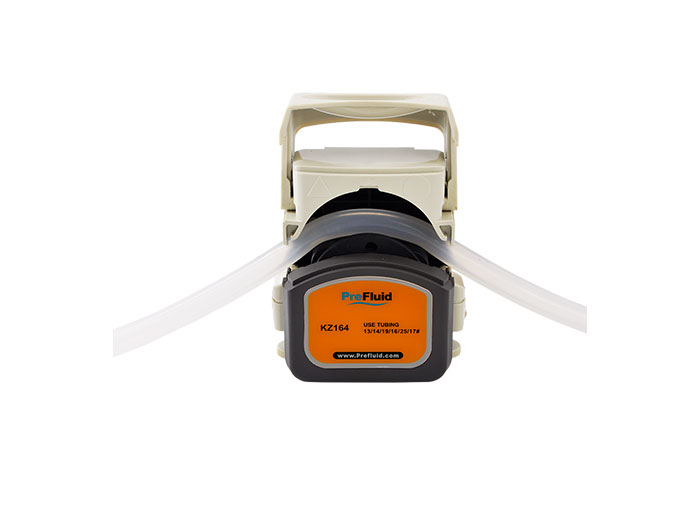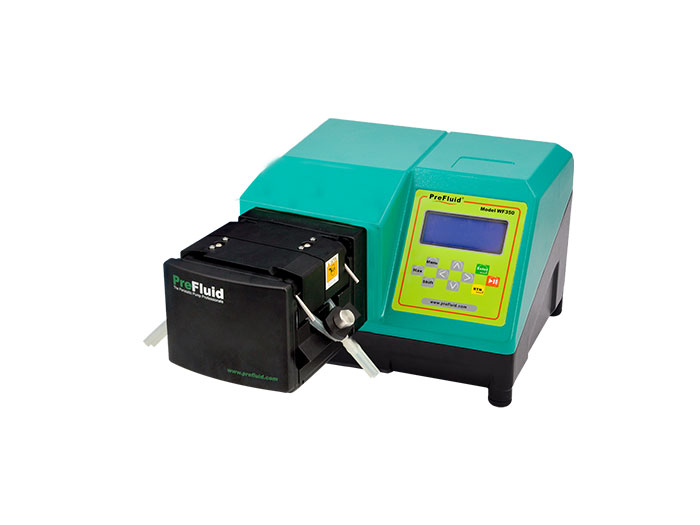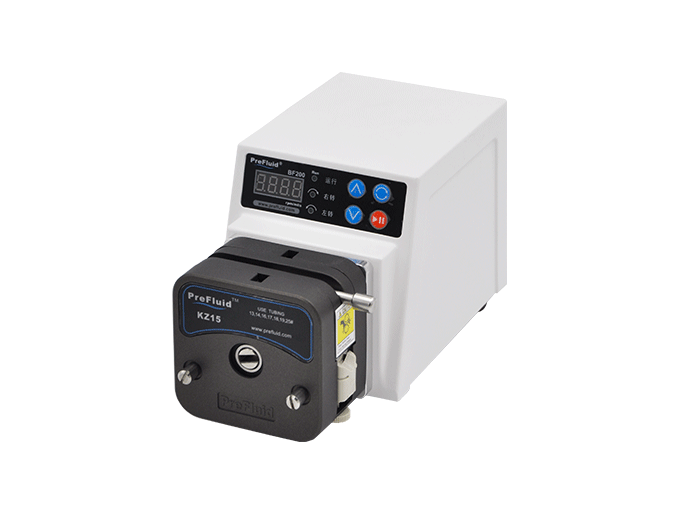Hose as an important part of peristaltic pump, so what is the material it uses?
Peristaltic pump Xiaobian take you to understand.
A solution containing more than 5% alcohol requires a different type of material called organosilicon compared to a 1 M solution of sulfuric acid that does not contain alcohol. The common material is known as Tygon, which is a transparent PVC type material that is well tolerated to most acid and base solutions and is less than 3_5 M. Tygon or vinyl (PVC) peristaltic pump tubes have a lower cost per foot and are more common in OI analysis automated analyzer systems. It has only good compatibility with many water-based solvents and no tolerance to most organic solvents.
Vinyl tubes cannot be autoclaved and should not be exposed to temperatures above 80°C. Silicone is the most commonly used peristaltic pump tube. It has the longest service life and good chemical compatibility with aqueous solutions and many organic solvents. It is often used in sulfate chemicals containing alcohol. It can usually be tested on weekends without a great risk of rupture, but a new tube change should be performed before running the peristaltic pump unattended for many days.
Silicone tubes can also be autoclaved in a single wet cycle without significantly reducing their service life. Another more dynamic tube is fluoro rubber, which is the most chemically inert peristaltic pump tube and has a relatively short life. It can even withstand short periods of halogenated solvents, which are commonly used with chloroform pumps.


